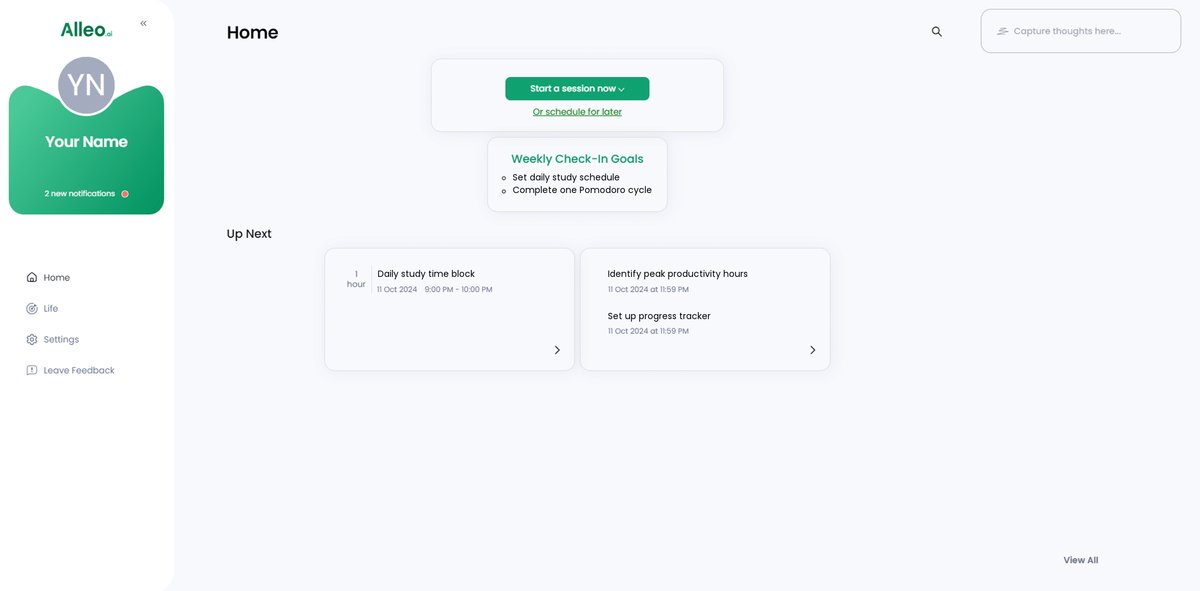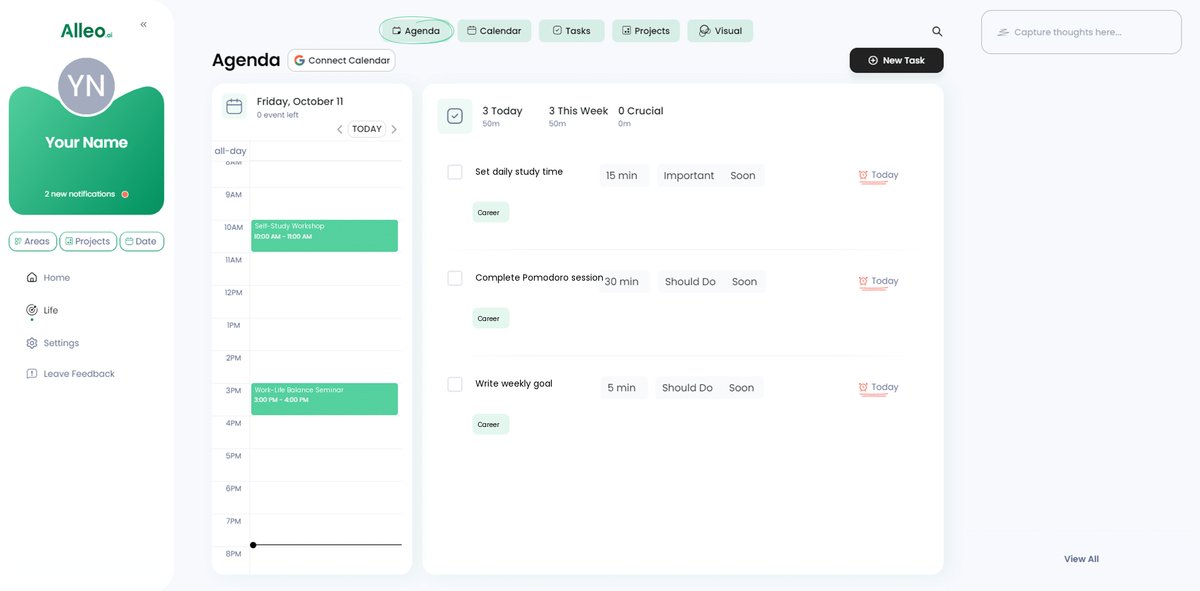How to Balance Self-Study Time for Programmers After Work: 3 Proven Strategies
Ever feel like there’s just not enough time in the day to juggle your work and self-study? Balancing work and self-study can be a challenge for many professionals, especially in the tech industry.
As a life coach, I’ve helped many professionals navigate these challenges. I’ve seen firsthand how crucial continuous learning is for career growth, particularly for those in software development seeking work-life balance.
In this article, you’ll discover proven strategies to balance self-study with a demanding job. We’ll cover effective self-study techniques for coders and productivity tips for after-work coding:
- Structured study schedules for prioritizing learning goals
- The Pomodoro Technique for time management
- Setting achievable goals for skill development
Let’s dive in and explore these continuous learning strategies in tech.

Understanding the Struggle of Balancing Work and Self-Study
Many freelancers grapple with the challenge of balancing work and self-study, especially when it comes to fitting skill development into their packed schedules. Between client demands and tight deadlines, finding time to enhance your programming skills and prioritize learning goals for developers can feel impossible.
Without regular skill development for programmers, you risk falling behind in the rapidly evolving tech landscape. This can lead to missed opportunities and a stagnating career, highlighting the importance of continuous learning strategies in tech.
Moreover, overworking without a structured plan for time management for programmers can take a severe toll on your mental and physical health. I’ve seen many professionals burn out, trying to juggle too many responsibilities at once, emphasizing the need for burnout prevention for software engineers.
In my experience, the key lies in finding a work-life balance in software development that works for you. Let’s explore how to achieve that balance and create a sustainable self-study routine.

Strategies to Balance Work and Self-Study
Overcoming the challenge of balancing work and self-study requires a few key steps. Here are the main areas to focus on to make progress in your continuous learning strategies in tech:
- Set a structured daily study schedule: Allocate specific time blocks each day for self-study, enhancing your time management for programmers.
- Use the Pomodoro Technique for focused learning: Break study sessions into manageable intervals with breaks, improving productivity for after-work coding.
- Create small, achievable learning goals weekly: Set and track progress on specific, manageable goals each week, prioritizing learning goals for developers.
Let’s dive into these effective self-study techniques for coders!
1: Set a structured daily study schedule
Setting a structured daily study schedule is crucial to balancing work and self-study, especially for those in demanding software development roles.
Actionable Steps:
- Identify your peak productivity hours: Determine when you are most alert and schedule your study sessions during these times for effective self-study techniques for coders.
- Allocate specific time blocks: Dedicate 1-2 hours daily for self-study, ensuring consistency in your continuous learning strategies in tech.
- Use a planner or digital calendar: Mark study times clearly and treat them as non-negotiable appointments to maintain work-life balance in software development.
Explanation: Creating a structured daily study schedule helps maintain consistency and ensures you dedicate time to skill development for programmers.
By identifying your peak productivity hours, you can make the most of your study sessions. Using a planner or digital calendar reinforces this routine, making it easier to balance work and self-study while prioritizing learning goals for developers.
For more on productivity, check out these tips on effective time management.
Key benefits of a structured study schedule:
- Improves time management for programmers
- Reduces stress and overwhelm, aiding in burnout prevention for software engineers
- Increases learning efficiency, supporting personal projects and professional growth
With a structured schedule, you’ll be able to make steady progress in your learning journey, creating a sustainable self-study routine while balancing work and self-study.

2: Use the Pomodoro Technique for focused learning
The Pomodoro Technique is a powerful tool for maintaining focus and productivity when balancing work and self-study, especially for programmers seeking to improve their time management skills.
Actionable Steps:
- Set a timer for 25 minutes: Focus solely on your study material during this period to maximize concentration and enhance your skill development as a programmer.
- Take a 5-minute break: Use this time to relax and refresh your mind before starting the next session, promoting work-life balance in software development.
- Repeat the cycle: After four Pomodoro sessions, take a longer break (15-30 minutes) to prevent fatigue and burnout for software engineers.
Explanation: Implementing the Pomodoro Technique helps break study sessions into manageable intervals, making it easier to stay focused and avoid burnout while balancing work and self-study.
This method is especially beneficial for balancing work and self-study, as it allows for regular breaks to recharge and supports continuous learning strategies in tech.
According to productivity experts, structured breaks can significantly boost overall efficiency.
Remember, consistency is key to making steady progress in prioritizing learning goals for developers.
This technique will help you maintain sustained focus and make the most of your study sessions, creating a sustainable self-study routine for effective self-study techniques for coders.

3: Create small, achievable learning goals weekly
Creating small, achievable learning goals weekly is essential to maintain momentum and avoid overwhelm when balancing work and self-study.
Actionable Steps:
- Define weekly goals: Choose specific, manageable topics or skills to focus on each week, prioritizing learning goals for developers.
- Track progress: Use a journal or app to monitor your achievements and reflect on what you’ve learned, supporting effective self-study techniques for coders.
- Reward yourself: Celebrate small wins to maintain motivation and momentum in your continuous learning strategies in tech.
Explanation: Setting realistic weekly goals keeps you focused and provides a sense of accomplishment, essential for balancing work and self-study.
Tracking progress helps you stay accountable and see your improvement over time. Celebrating small wins boosts motivation and reinforces positive habits, contributing to work-life balance in software development.
According to industry experts, breaking large tasks into smaller, manageable pieces can significantly enhance productivity and reduce stress, which is crucial for time management for programmers.
Tips for effective goal-setting:
- Be specific and measurable
- Align goals with long-term objectives
- Adjust as needed based on progress
By implementing these steps, you’ll find it easier to balance self-study with your busy work schedule, creating a sustainable self-study routine for skill development as programmers.

Work with Alleo to Balance Self-Study and Work
We’ve explored the challenges of balancing work and self-study, especially for those in software development, and the strategies to overcome them. But did you know you can work directly with Alleo to make this journey easier and faster, improving your work-life balance in software development?
Setting up an account with Alleo is easy. First, create your profile and set personalized study goals, focusing on prioritizing learning goals for developers and creating a sustainable self-study routine.
Alleo’s AI coach will help you craft a tailored plan for balancing work and self-study, ensuring you allocate time effectively. The coach will follow up on your progress, handle changes, and keep you accountable via text and push notifications, assisting with time management for programmers and burnout prevention for software engineers.
Ready to get started for free? Let me show you how to enhance your productivity and skill development for programmers!
Step 1: Log In or Create Your Account
To start balancing your work and self-study with Alleo’s AI coach, Log in to your account or create a new one to begin setting your personalized study goals and receive tailored guidance.

Step 2: Choose “Building better habits and routines”
Select “Building better habits and routines” to create a structured approach for balancing work and self-study, helping you establish consistent learning patterns that fit seamlessly into your busy schedule.

Step 3: Select “Career” as Your Focus Area
Choose “Career” as your primary focus area in Alleo to align your self-study goals with your professional growth, helping you balance work demands and skill development more effectively.

Step 4: Starting a Coaching Session
Begin your journey with Alleo by scheduling an initial intake session, where our AI coach will help you set up a personalized plan to balance your work and self-study goals effectively.

Step 5: Viewing and Managing Goals After the Session
After your coaching session, open the Alleo app to find your discussed goals conveniently displayed on the home page, allowing you to easily track and manage your progress towards balancing work and self-study.

Step 6: Adding events to your calendar or app
Use the app’s calendar feature to schedule your study sessions and track progress on your learning goals, helping you maintain the structured daily study schedule discussed in the article.

Bringing It All Together: Your Path to Balance
Balancing work and self-study is challenging but achievable for programmers. By structuring your daily study, using the Pomodoro Technique, and setting small goals, you can make consistent progress in your skill development as a programmer.
Remember, it’s about creating habits that fit your life. You deserve to grow your skills without sacrificing your well-being, which is crucial for work-life balance in software development.
Alleo can help you stay organized and motivated on this journey of continuous learning in tech. It’s like having a personal coach in your pocket to assist with time management for programmers.
Ready to take control of your learning and career while prioritizing learning goals for developers?
Try Alleo for free today. Your future self will thank you for creating a sustainable self-study routine.